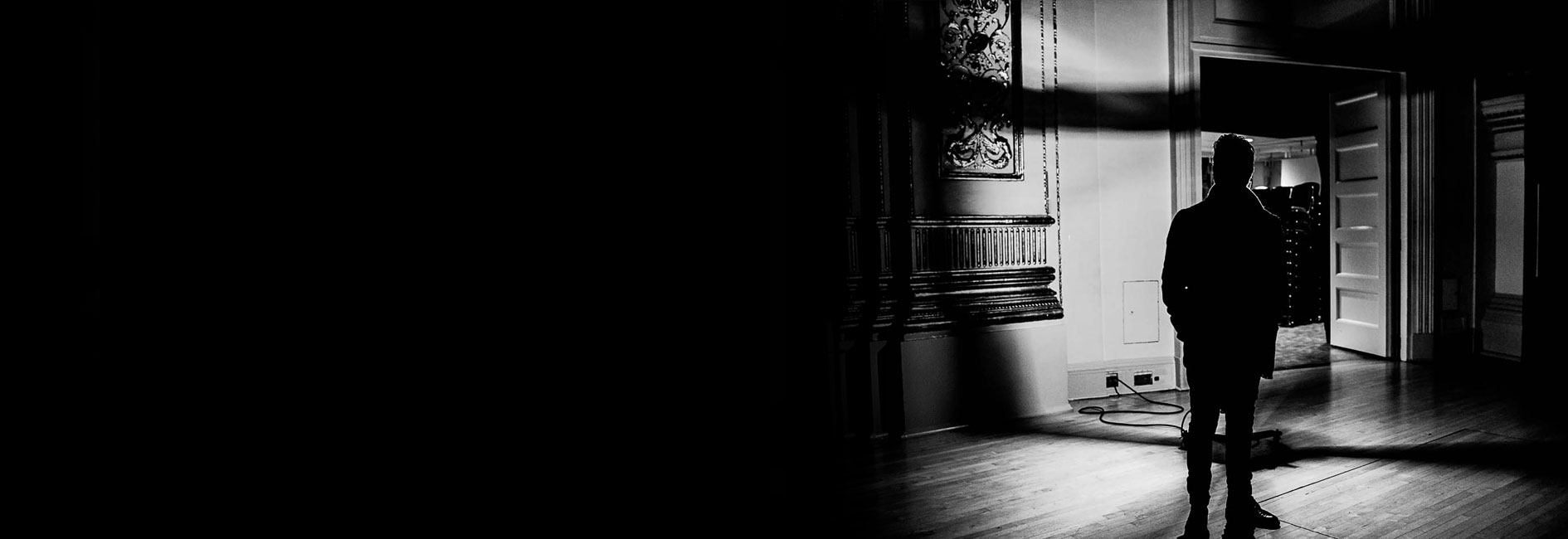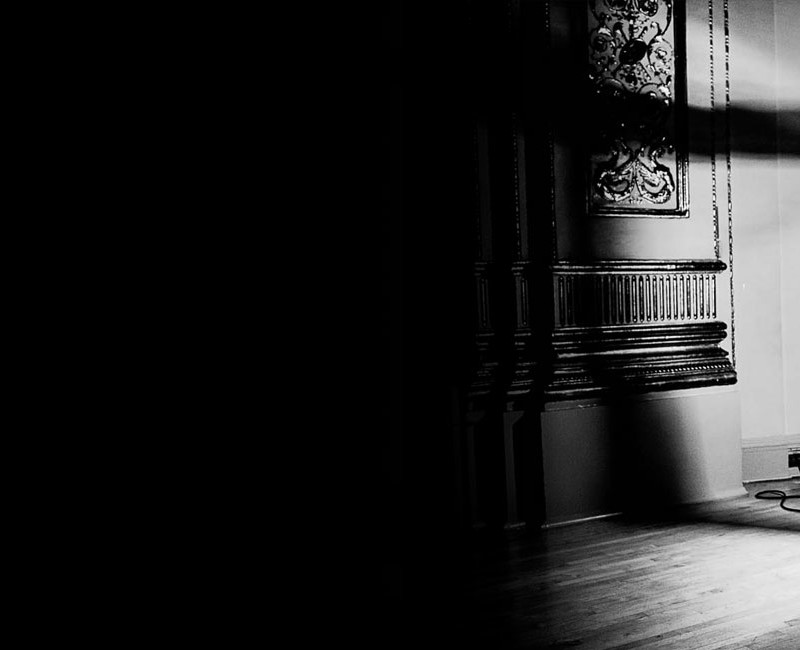“Contemporary music keeps me curious, open, and flexible”
02 Jul 2012
Pablo Heras-Casado in conversation with Dominik Deuber
In 2007 and 2008 you were a participant in the master class in conducting offered by the LUCERNE FESTIVAL ACADEMY, and now you are returning to conduct two concerts.
What have you been up to during the past five years?
My conducting career has developed significantly over the past five years—back then I felt more like a conductor in training. Meeting Pierre Boulez and Peter Eötvös—two wonderful master conductors, composers, and human beings—had huge impact on me, not only artistically but also personally. It was also very important to be able to experiment as part of the LUCERNE FESTIVAL ACADEMY: to work intensively on Stockhausen’s Gruppen in 2007; and to return as a student of Pierre Boulez in 2008. Since then I’ve conducted widely. I’m constantly expanding my experience and developing. It’s fantastic to collaborate with great orchestras and great soloists— and I’m eager to go on learning—this remains my main goal.
You can handle an extraordinarily diverse repertoire. How important for you is contemporary music within your repertoire?
It’s essential and I need it as much as any types of music in my repertoire. Contemporary music keeps me curious, open, and flexible, while requiring a very high level of discipline. The challenge of discovering new pieces, new musical languages and ideas is a crucial part of my artistic life and what motivates me.
How does performing contemporary works impact your preparation for your classical repertoire?
It’s nothing I think about consciously, but of course when you have discipline, when you have a certain way of looking at a score and exploring the musical text, this affects the way you work when delving into a 16th-century or baroque score, or any other period for that matter. The discipline a conductor must have to respect the intent of the score and to reflect that intention is very important. For me it’s vital to explore a score before I try to convert it into sounds—I try to avoid any preconceptions about particular areas of repertoire, or individual pieces. I am used to studying new music everyday and have become accustomed to having no specific external references— I have just the musical text itself. What I want to achieve with any piece of repertoire—baroque, romantic, contemporary—is to explore the score as if it were the first time it had ever been played and discover everything from just the notes. Of course I have also learned to listen to scores in a unique way and have developed other technical tools for conducting when I regularly study complex music—and I think that’s also important for a conductor.
In February 2012 you made your debut at the Centre Pompidou in Paris with the Ensemble intercontemporain, and now you will also open the LUCERNE FESTIVAL ACADEMY with these musicians. What is your connection with this ensemble, what’s unique about it?
Well, I grew up listening to their recordings, and the Ensemble intercontemporain has always been a great reference point for the performance and research of new music. So when I got the chance to work with them it was one of the highpoints in my life. My initial contact with the musicians of the Ensemble was originally at the LUCERNE FESTIVAL ACADEMY as they served as coaches for the students at the Academy. Based on this contact, I already had a certain familiarity with the players. Having this experience at the Centre Pompidou and now coming back to the Academy with them is a huge honor and I feel very lucky to have that opportunity.
You will be conducting Michael Jarrell’s ensemble composition La Chambre aux Échos twice, first with the Ensemble intercontemporain and then two weeks later with students of the LUCERNE FESTIVAL ACADEMY. What do you expect to discover when you rehearse the same work with two very different ensembles?
It’s a great opportunity to discover different perspectives of the same score. I may be the same conductor for both performances, but the uniqueness of the scores is based on what the musicians have to offer and I need to bring that forward. So we start with a reading, and then every ensemble, every orchestra, every group has certain distinctive qualities and I work with these qualities as a painter does with different palettes of colors. In each performance I want to realize a fresh and renewed approach to Jarrell’s work. It will be very interesting for me, and I hope for the student as well—as they will have the chance to attend the Ensemble intercontemporain performance and then to work on the same piece together.
This summer, along with Pierre Boulez and Peter Eötvös, you represent yet a third generatio of conductors within the LUCERNE FESTIVAL ACADEMY. What have you learned from these two other conductors?
I’ve learned very important things from Pierre Boulez and Peter Eötvös. First, honesty: to be honest with the music, with the score, with the musicians and with yourself. Second, generosity: what I mean by generosity is that the music and the composer come first, and then you have to be as prepared as possible; ready to master the score; and then to find a way to help all the musicians. The conductor is someone who forms a bridge for the orchestra. Pierre Boulez and Peter Eötvös would never put themselves in the forefront of a performance; instead they place themselves exactly where they can best support, help, and contribute energy.
This year’s Summer Festival theme is “Faith”—what does that immediately bring to mind, what spontaneous associations? What do you have faith in, believe in?
I’m a humanist. I strongly believe in the human being. For me this is the highest…let’s say divinity. And I strongly believe in the people with whom I make music, with whom I share my life and artistic experiences. This is what moves my life forward, what keeps me searching for how to be a better artist, a better person. Nothing external to what we are and what we can make together as human beings. And I think this is very profound and powerful, more powerful than any other idea of divinity.

